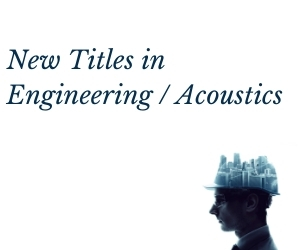System Upgrade on Tue, May 28th, 2024 at 2am (EDT)
Existing users will be able to log into the site and access content. However, E-commerce and registration of new users may not be available for up to 12 hours.For online purchase, please visit us again. Contact us at customercare@wspc.com for any enquiries.
This book is a very timely exposition of part of an important subject which goes under the general name of “inverse problems”. The analogous problem for continuous media has been very much studied, with a great deal of difficult mathematics involved, especially partial differential equations. Some of the researchers working on the inverse conductivity problem for continuous media (the problem of recovering the conductivity inside from measurements on the outside) have taken an interest in the authors' analysis of this similar problem for resistor networks.
The authors' treatment of inverse problems for electrical networks is at a fairly elementary level. It is accessible to advanced undergraduates, and mathematics students at the graduate level. The topics are of interest to mathematicians working on inverse problems, and possibly to electrical engineers. A few techniques from other areas of mathematics have been brought together in the treatment. It is this amalgamation of such topics as graph theory, medial graphs and matrix algebra, as well as the analogy to inverse problems for partial differential equations, that makes the book both original and interesting.
Contents:
- Circular Planar Graphs
- Resistor Networks
- Harmonic Functions
- Characterization I
- Adjoining Edges
- Characterization II
- Medial Graphs
- Recovering a Graph
- Layered Networks
Readership: Graduate students and researchers in applied mathematics and electrical and electronic engineering.

























